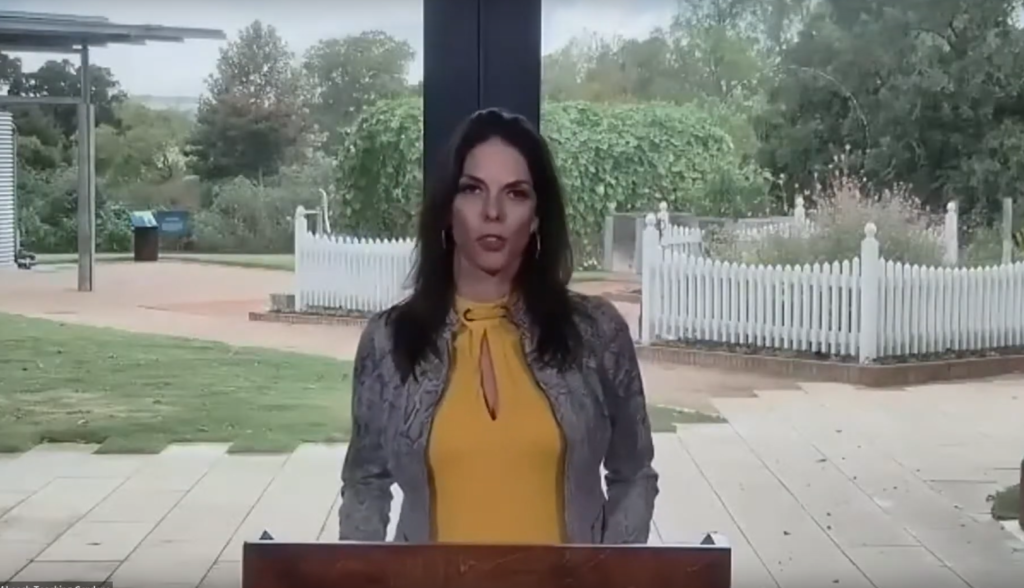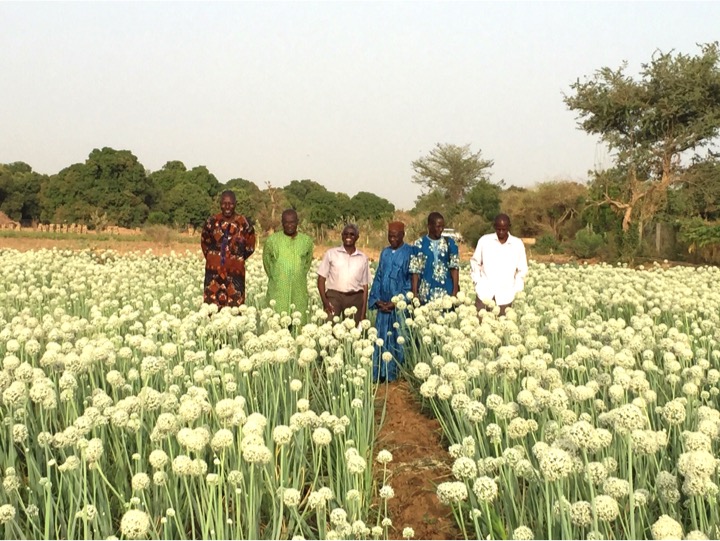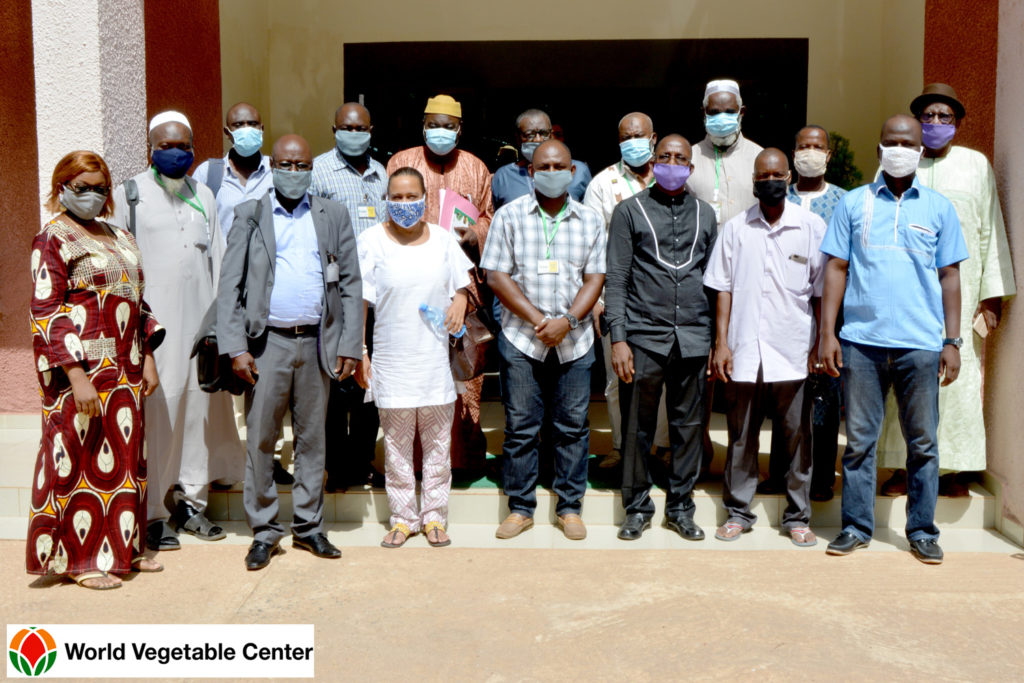Ensuring that smallholder farmers have access to credit or other financing products is an essential requirement for expanding the use of small scale irrigation. However, lenders are often hesitant to develop products for smallholder farmers, and frontier markets imply risks that make financiers and equipment suppliers reluctant. Therefore, lack of access to finance has emerged as a key barrier to sustainable expansion of small scale irrigation.
To find solutions, stakeholders from the irrigation sector in Ghana came together for a virtual meeting on August 27, 2020. They discussed how to make more financing products available to farmers, who are increasingly leading investments in irrigation and other water management solutions.
A space for dialogue and collaboration
The meeting was the second congregation of the Small Scale Irrigation Dialogue Space, which was established in 2019 by the Feed the Future Innovation Laboratory for Small Scale Irrigation (ILSSI) and the International Water Management Institute (IWMI). The space is envisioned as a unique strategy for bringing stakeholders together to encourage collective thinking across sectors and explore new opportunities for expanding small scale irrigation.
On this occasion, the 45 meeting participants—representing government agencies, private sector companies, farmer organizations, financial institutions, and more— shared insights into challenges and opportunities in financing irrigation to benefit smallholder farmers, gender equity, and youth. They also discussed emerging innovative financing solutions to enable farmer-led irrigation investments.
A new partnership
The private sector plays a crucial role in overcoming market and financing barriers to expanding small scale irrigation. Acknowledging this dependency, ILSSI and partners have made concerted efforts to include private sector actors in dialogue discussions, and have most recently awarded its first catalyst grant to a private sector partner: PEG Africa.
PEG Africa works to bring solar power to West Africa, through distributing solar-power systems that provide for households’ energy needs. The company has a unique consumer financing pay-as-you-go system, offering farmers the option to make a minimum deposit and spread the rest of their payment over a productive period of 18 months. PEG Africa also runs a very rigorous credit assessment system, which considers the business case and water resources for each individual farmer.
With the grant, ILSSI and PEG Africa will collaborate on investigating business cases that are workable for farmers looking to access finance for irrigation. One objective will be to customize PEG’s pay-as-you-go system to solar-powered irrigation.
Recommendations to take forward
Participants in the dialogue meeting synthesized several key messages from their discussions, as summarized in the event report. First, the report says, expanding small scale irrigation requires expanding the whole ecosystem that surrounds the practice, including financing, policies, input and output markets, and more.
Second, enabling farmers to invest in irrigation, a single technology or financing solution, is inadequate—farmers’ interest in leading small scale irrigation investments must be supported throughout the whole value chain. Such support could include bundling credit with technologies, after-sale services, agronomic extension, input and output market access, and insurance services.
Third, financing solutions for smallholder famers are still missing. Many irrigation technologies and financing solutions need to be tailored to the local context and smallholder farmers’ conditions. Finally, strategic partnerships are valuable as multiple partners, such as relevant government, research, financial, insurance, and farmer organizations, can all contribute to ensuring farmers’ credibility when it comes to accessing credit.
ILSSI and its partners are continuing to champion the Small Scale Irrigation Dialogue Space in pursuit of expanding small scale irrigation in West and East Africa. Another multi-stakeholder meeting, focused on financing solutions for sustainable and inclusive farmer-led irrigation scaling, took place in Ethiopia on September 23, 2020, and more events are planned for the coming months.
Read the report: Small scale irrigation dialogue space: Partnerships and financing solutions for sustainable and inclusive farmer-led irrigation scaling in Ghana





